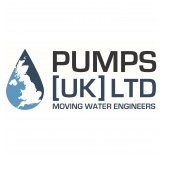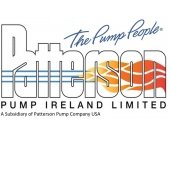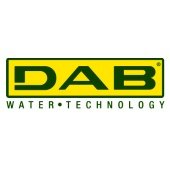Trialling and scaling up production
 Beginning production of a new formulation batch or liquid product can often bring difficulties. We found out how North Ridge Pumps recently helped an innovator within the supplement industry to scale production and perform trials on a new product.
Beginning production of a new formulation batch or liquid product can often bring difficulties. We found out how North Ridge Pumps recently helped an innovator within the supplement industry to scale production and perform trials on a new product.
Knowing which pump technology to use to ensure a safe, efficient process and provide flexibility for small-scale batches, whilst undertaking refinements before commercialisation, can prove challenging.
Not only are you trying to ensure accurate, repeatable, traceable results and avoid transferring fluids manually, but you also need to ensure any technology selected will stand the test of time and ensure cross-contamination does not skew results.
The client was looking to transfer one of several highly viscous blends of chemicals that would not flow under gravity, and they wanted to consistently batch set amounts.
HIGH VISCOSITY LIQUIDS
High-viscosity liquids often cause difficulty in transfer applications. They do not flow under gravity and require a specialist pump technology which, if used, can also pose issues if run without fluid and can be easily damaged.
Such fluids are sometimes so thick that when delivered in barrels or containers, if the incorrect pump technology is chosen, the fluid is not pumped – holes are made with the pump within the fluid container rather than it being completely emptied, with large amounts of product remaining.
Not only is the product within the centre of containers a cause for concern, but also fluids which may remain stuck to the side of the container. With more expensive fluids, this can generate costly waste, or cause problems with fluids which must be disposed of via waste collection. So, what factors should be considered when looking at scale production or conducting trials?
FIVE CONSIDERATIONS
Sensitivity to shear: Some fluids may be shear sensitive, meaning they must be handled gently to avoid adversely affecting them during transfer.
Solid handling: When solids are transferred, careful consideration needs to be given to how they are handled. They can be transferred with technologies preserving their shape and consistency, or with designs which can assist with the next stage of production, with solids broken down or partially blended.
Volatile and corrosive liquids: Volatile and corrosive liquid handling is another consideration, such as whether an ATEX-approved design is required or a sealless pump is needed to ensure the full containment of fluids. Other options include the swaging of hose fittings for the safety and security of leak-free connections, nozzles for ease of fluid dispensing and speed control to alter dispensing rates and prevent splashing.
Accuracy and repeatability: The ability to repeatedly batch pre-set amounts with ease, or record the amounts dispensed with high accuracy, is crucial to ensuring consistency.
Accreditation: Material choice can be puzzling. This can include whether to adopt an accredited hygienic design, or a stainless-steel design which can be easily disassembled and cleaned –providing peace of mind during testing – or to simply what is chemically resistant.
HIGH-VISCOSITY FLUID DISPENSING
For the supplement project, North Ridge was tasked with assisting a client in dispensing a product being developed which had the consistency of molten fat.
When cold, the product would solidify, making it unpumpable and nearly impossible to remove from the container.
The equipment needed to be hygienic, easily cleanable and able to handle a wide temperature range, yet consistently transfer differing volumes of liquid as accurately as possible.
North Ridge supplied, commissioned, and installed a complete automatic batching system to dispense the liquid accurately and repeatedly.
The unit was supplied complete with a heat-traced hose to ensure the liquid did not solidify in the hose, with the barrel also heat-traced to ensure the contents remained liquid and pumpable. As the fluid was heated, it became easily pumpable, enabling the client to trial new processes, test small-scale batches and trial packing methods.
Their results are accurate, repeatable and fully traceable, enabling them to accelerate production and scaling.
Back to Latest News






3.png&w=170&h=170)
2.jpg&w=170&h=170)


1.png&w=170&h=170)

